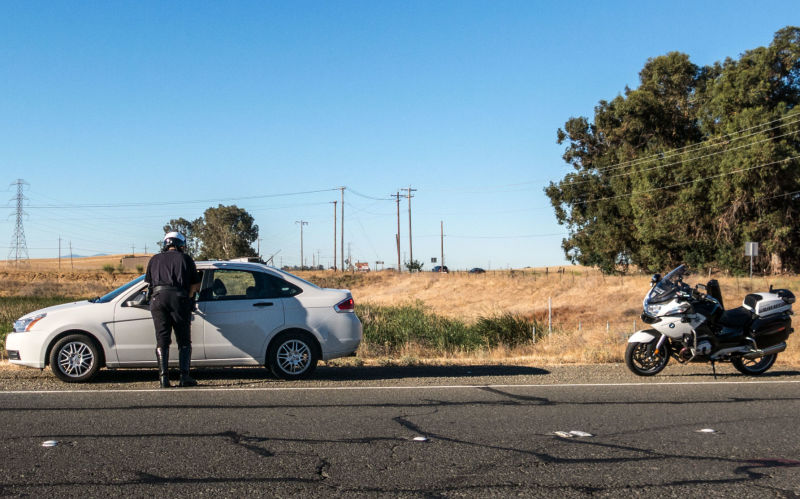California's amnesty program for unpaid traffic tickets is just over a month old, but already courts have been swamped with applications from residents eager to get fines forgiven or reduced.
Los Angeles County, which has the largest court system in the state, processed 18,000 participation forms in the past 30 days, bringing in $1.3 million in fees and revenue.
But there is still a significant backlog in many courts across the state.
In Alameda County, Superior Court Executive Officer Chad Finke said things have been busy. In the first month, drivers there submitted 5,300 applications for amnesty, of which 945 have been processed. Finke said about 100 new applications are submitted every day.
“I don’t think we were surprised,” Finke said. “I think we expected there to be a lot of interest and a lot of applications, but I don’t know that any of us had a real sense of what ‘a lot’ would be.”
